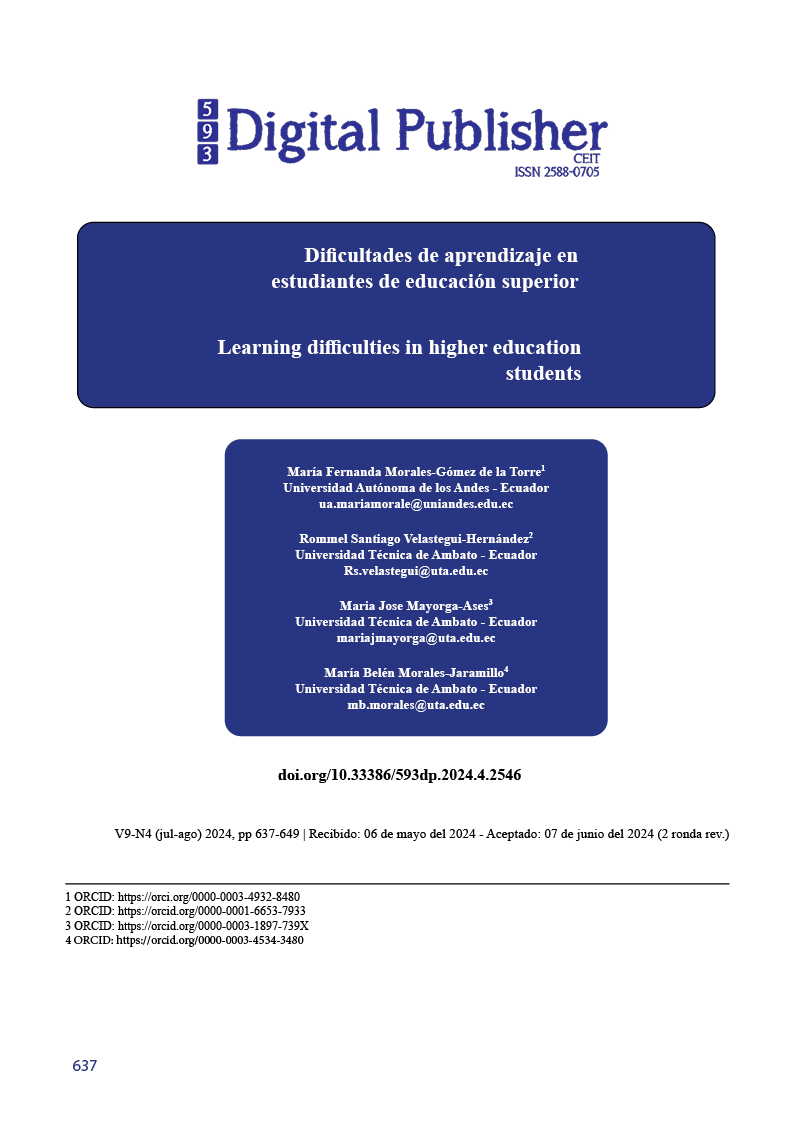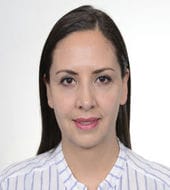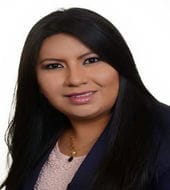es de aprendizaje en estudiantes de educación superior Learning difficulties in higher education students
Main Article Content
Abstract
Students with learning disabilities in higher education face unique challenges in the educational process; increased awareness and support can significantly improve their academic trajectory, outcomes and autonomy. Although stigmas and resource constraints present obstacles, solutions such as increased educator training, policy advocacy, and early intervention programs can address these challenges. For that reason, the research is conducted through a literature review to identify the landscape of learning disabilities in higher education, providing information on the prevalence, nature, impact, and underlying mechanisms of these challenges. By focusing on these adaptive educational strategies and improving the accessibility of resources, higher education institutions can foster an inclusive environment that supports the success of all students, including those students with learning disabilities.
Downloads
Article Details

This work is licensed under a Creative Commons Attribution-NonCommercial-ShareAlike 4.0 International License.
1. Derechos de autor
Las obras que se publican en 593 Digital Publisher CEIT están sujetas a los siguientes términos:
1.1. 593 Digital Publisher CEIT, conserva los derechos patrimoniales (copyright) de las obras publicadas, favorece y permite la reutilización de las mismas bajo la licencia Licencia Creative Commons 4.0 de Reconocimiento-NoComercial-CompartirIgual 4.0, por lo cual se pueden copiar, usar, difundir, transmitir y exponer públicamente, siempre que:
1.1.a. Se cite la autoría y fuente original de su publicación (revista, editorial, URL).
1.1.b. No se usen para fines comerciales u onerosos.
1.1.c. Se mencione la existencia y especificaciones de esta licencia de uso.
References
Azevedo, B. F., Pacheco, M. F., Fernandes, F. P., & Pereira, A. I. (2024). Dataset of mathematics learning and assessment of higher education students using the MathE platform. Data in Brief, 53, 110236. https://doi.org/10.1016/J.DIB.2024.110236
Colpo, M. P., Primo, T. T., & de Aguiar, M. S. (2024). Lessons learned from the student dropout patterns on COVID-19 pandemic: An analysis supported by machine learning. British Journal of Educational Technology, 55(2), 560–585. https://doi.org/10.1111/bjet.13380
Franz, A., Oberst, S., Peters, H., Berger, R., & Behrend, R. (2022). How do medical students learn conceptual knowledge? High-, moderate- and low-utility learning techniques and perceived learning difficulties. BMC Medical Education, 22(1), 1–8. https://doi.org/10.1186/S12909-022-03283-0/TABLES/2
Leijen, Ä., Lam, I., Wildschut, L., & Simons, P. R. J. (2009). Difficulties teachers report about students’ reflection: lessons learned from dance education. Teaching in Higher Education, 14(3), 315–326. https://doi.org/10.1080/13562510902898882
Lou, Y., & Li, F. (2024). Design of an online education student learning status evaluation model based on dual-improved neural networks. Intelligent Systems with Applications, 22, 200370. https://doi.org/10.1016/J.ISWA.2024.200370
Low, M. C., Lee, C. K., Sidhu, M. S., Lim, S. P., Hasan, Z., & Lim, S. C. (2023). Blended learning for engineering education 4.0: Students’ perceptions and their learning difficulties. Computer Applications in Engineering Education, 31(6), 1705–1722. https://doi.org/10.1002/CAE.22668
Ma, J., & Wen, Q. (2018). Understanding international students’ in-class learning experiences in Chinese higher education institutions. Higher Education Research & Development, 37(6), 1186–1200. https://doi.org/10.1080/07294360.2018.1477740
Manchester, K. R., & Roberts, D. (2024). A quantitative study examining infographic assessment guidelines for undergraduate nursing students with specific learning difficulties (SpLDs). Nurse Education Today, 135, 106119. https://doi.org/10.1016/J.NEDT.2024.106119
McSweeney, F. (2014). ‘Moving In’: Difficulties and Support in the Transition to Higher Education for In-service Social Care Students. Social Work Education, 33(3), 317–337. https://doi.org/10.1080/02615479.2013.770832
Plaza-Angulo, J. J., & López-Toro, A. A. (2024). The perception of transversal skills among students of business administration: Gender gap. Service-learning, gender and skills in higher education. The International Journal of Management Education, 22(2), 100970. https://doi.org/10.1016/J.IJME.2024.100970
Podsiadlik, A. (2023). The Blended Learning Experiences Of Students With Specific Learning Difficulties: A Qualitative Case Study Located In One British Higher Education Institution. International Journal of Disability, Development and Education, 70(3), 366–381. https://doi.org/10.1080/1034912X.2021.1876217
Pun, J. (2024). Effects of Prior English Exposure on Hong Kong Tertiary Science Students’ Experiences in EMI Learning. RELC Journal, 55(1), 144–161. https://doi.org/10.1177/00336882221079057
Velastegui, R., Poler, R., & Díaz-Madroñero, M. (2023). Aplicación de algoritmos de aprendizaje automático a sistemas robóticos multiagente para la programación y control de operaciones productivas y logísticas: una revisión de la literatura reciente. Direccion y Organizacion, 80, 60–70. https://doi.org/10.37610/DYO.V0I80.643
Woodcock, S. (2021). Teachers’ beliefs in inclusive education and the attributional responses toward students with and without specific learning difficulties. Dyslexia, 27(1), 110–125. https://doi.org/10.1002/DYS.1651





